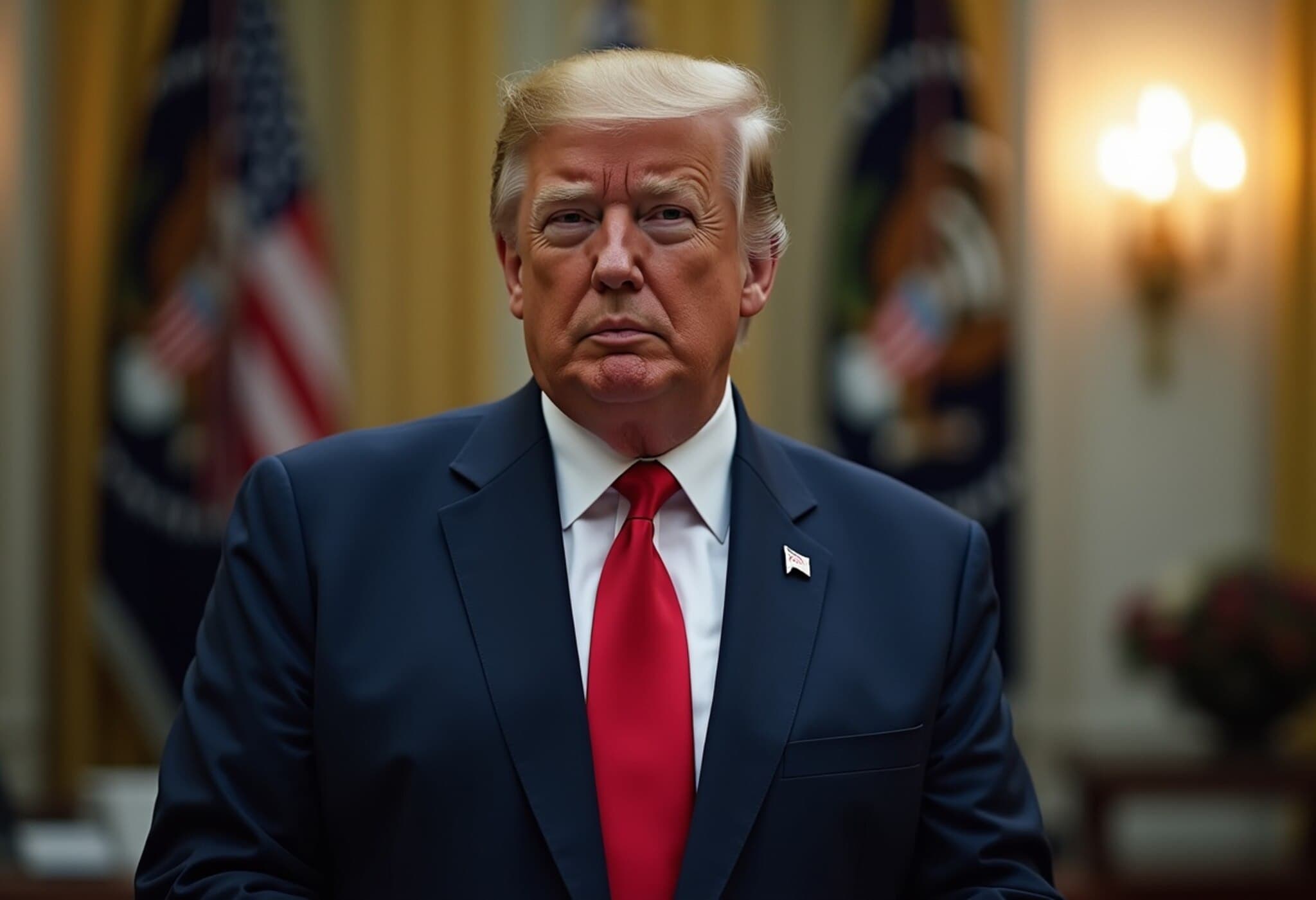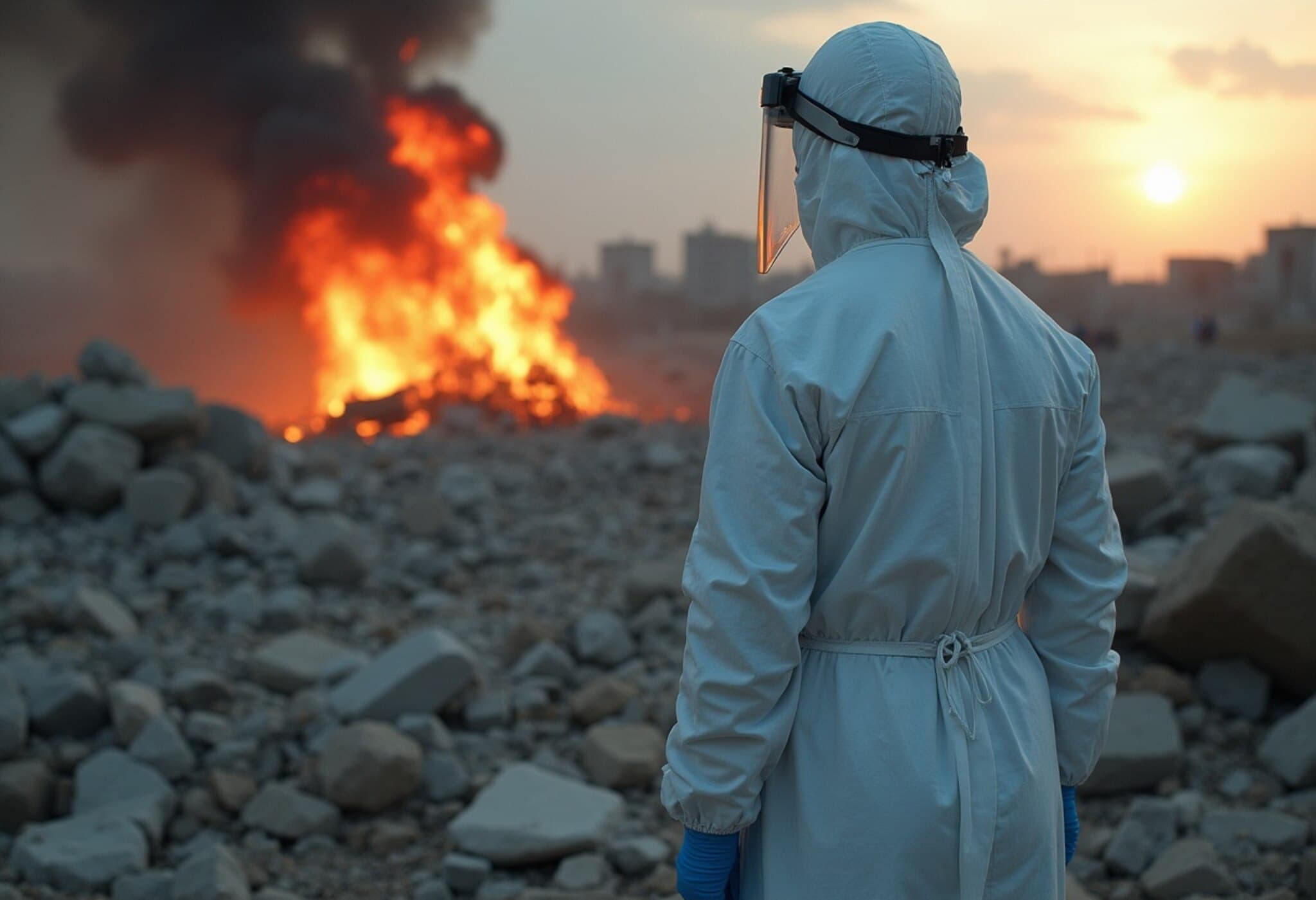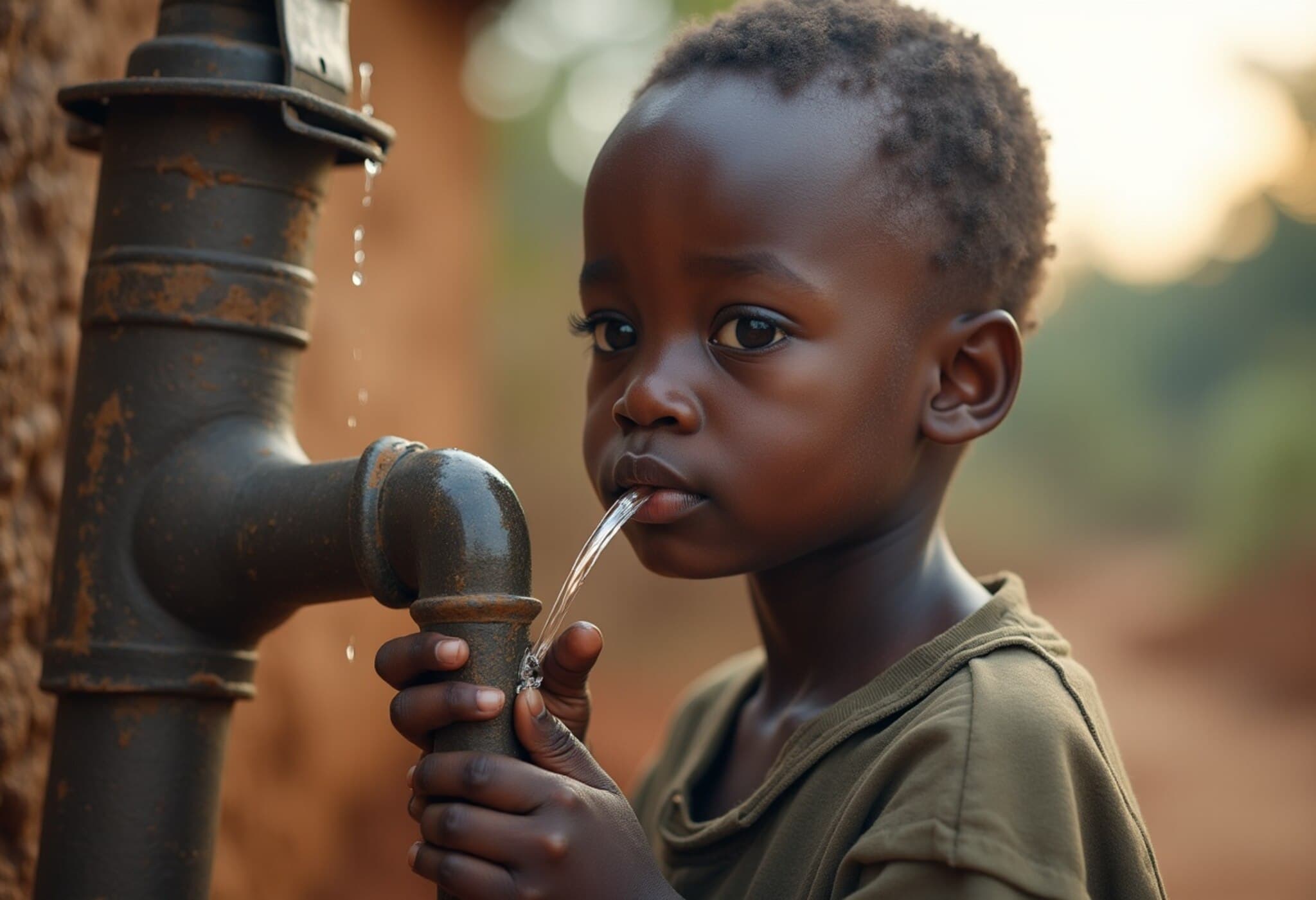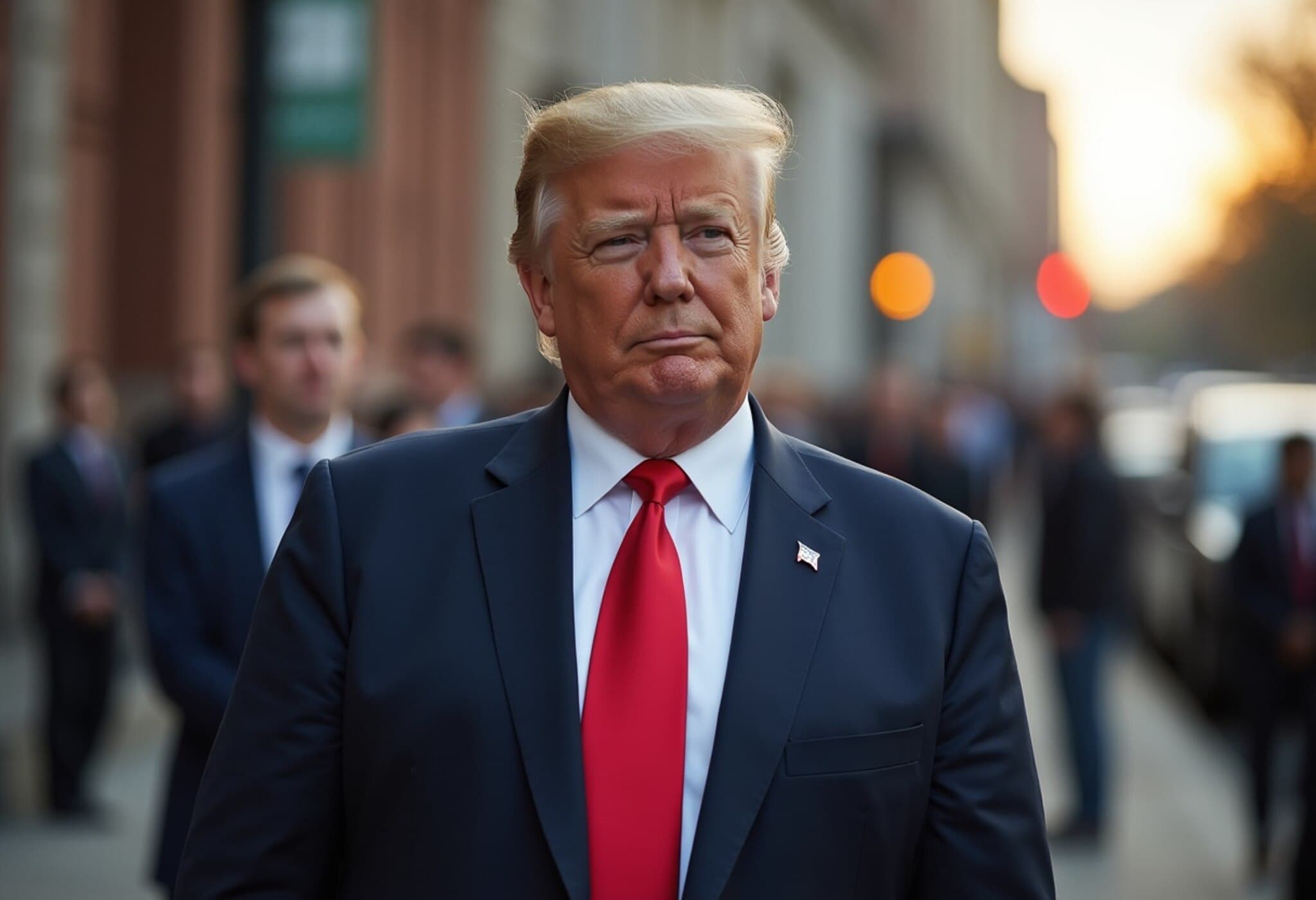Global Immunization Efforts Stall as 14 Million Children Remain Unvaccinated
In a sobering report released on July 15, 2025, the World Health Organization (WHO) and UNICEF revealed that over 14 million children worldwide did not receive any vaccines in 2024—roughly the same figure as the previous year. This alarming statistic underscores persistent global disparities in healthcare access and the growing impact of geopolitical shifts on public health initiatives.
Vaccination Coverage: Progress Despite Persistent Challenges
The annual global vaccine coverage estimate showed that about 89% of children under one year old received the first dose of the combined diphtheria, tetanus, and pertussis (DTP) vaccine in 2024, maintaining the same coverage level as in 2023. The rate of children completing the full three-dose DTP series edged up slightly to 85% from 84% the previous year.
However, WHO officials caution that this fragile progress faces serious threats amid funding cuts and rising vaccine hesitancy fueled by misinformation. “Drastic cuts in aid, coupled with misinformation about vaccine safety, threaten to unravel decades of progress,” warned WHO Director-General Tedros Adhanom Ghebreyesus.
Geopolitical Shifts Deepen Immunization Gaps
The report highlights that just nine countries—Nigeria, India, Sudan, Congo, Ethiopia, Indonesia, Yemen, Afghanistan, and Angola—account for more than half the global burden of unvaccinated children. Conflict zones and humanitarian crises, such as those seen in Sudan, remain epicenters of vaccine access challenges, resulting in dangerously low immunization rates.
Compounding these difficulties, the withdrawal of key international support presents new barriers. The U.S. pulled out of WHO in January 2024, froze much humanitarian aid, and ceased funding to the vaccines alliance Gavi, following critical statements from health officials skeptical of vaccine science. This decision jeopardizes critical programs that have historically reduced child mortality by millions of lives annually.
Rising Measles Cases Signal Urgent Need for Better Coverage
While coverage against measles improved modestly to 76% globally, it remains well below the 95% threshold necessary to prevent outbreaks of this highly contagious disease. Last year, WHO documented over 60 countries experiencing major measles outbreaks, with the United States facing its worst epidemic in over 30 years.
Europe has also seen a surge, with 125,000 cases in 2024—double the prior year’s figure. Tragically, the UK reported a child’s death from measles recently, highlighting persistent gaps despite long-term vaccination campaigns.
“It is hugely concerning—but not surprising—that measles outbreaks continue,” said Helen Bradford, Professor of Children’s Health at University College London. “Vaccination remains the only effective way to stop measles transmission. It is never too late to get vaccinated—even adults should consider it.”
Expert Analysis: What Lies Ahead for Global Vaccine Equity?
The current stagnation and emerging setbacks in childhood immunization rates raise critical questions about the resilience of global health systems. Experts emphasize that combating vaccine misinformation must be paired with sustained international funding to safeguard vulnerable populations. Especially in politically unstable regions, investment in cold chain infrastructure, healthcare workforce development, and community engagement is vital.
Furthermore, the U.S.’s retrenchment from global health initiatives echoes larger policy debates on America’s role in international cooperation—a dynamic with far-reaching consequences for disease control and pandemic preparedness worldwide.
Key Takeaways
- More than 14 million children missed all vaccinations in 2024, highlighting access disparities.
- Nine countries bear over half of the unvaccinated child population, often due to conflict and crisis.
- Measles vaccination rates remain below the 95% coverage needed to prevent outbreaks.
- Geopolitical decisions, including U.S. funding withdrawals, threaten to exacerbate immunization gaps.
- Combating vaccine misinformation alongside targeted aid is critical to reversing stalling progress.
Editor's Note
The persistence of millions of unvaccinated children shines a spotlight on the fragile nature of global health progress in an era marked by political upheaval and misinformation. As the world confronts the dual challenges of emerging diseases and longstanding vaccine-preventable illnesses, international collaboration and trust in science have never been more essential. This report prompts reflection on how policy shifts affect lives at their most vulnerable stages and challenges us all to advocate for equitable healthcare access worldwide.















